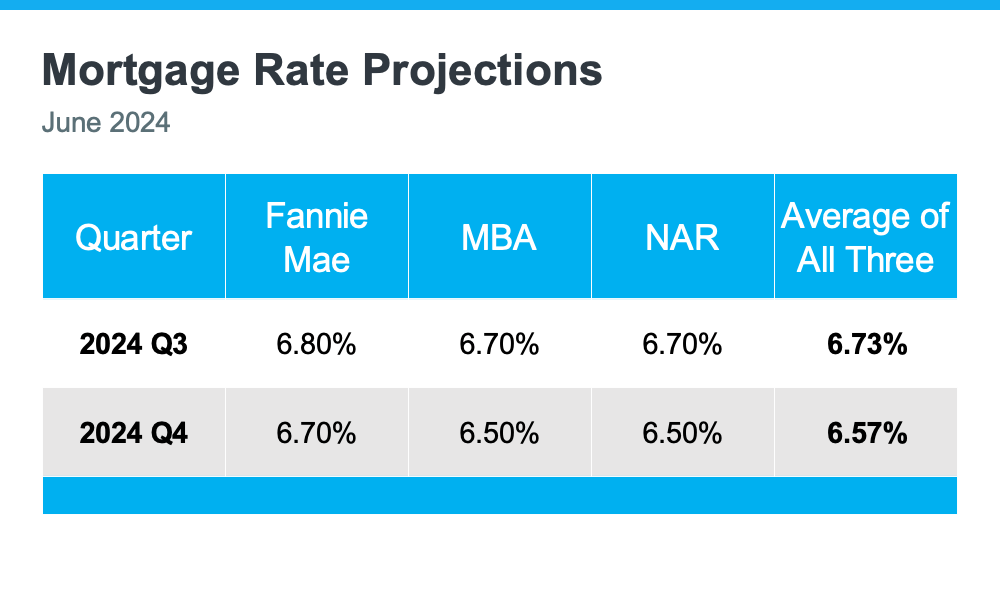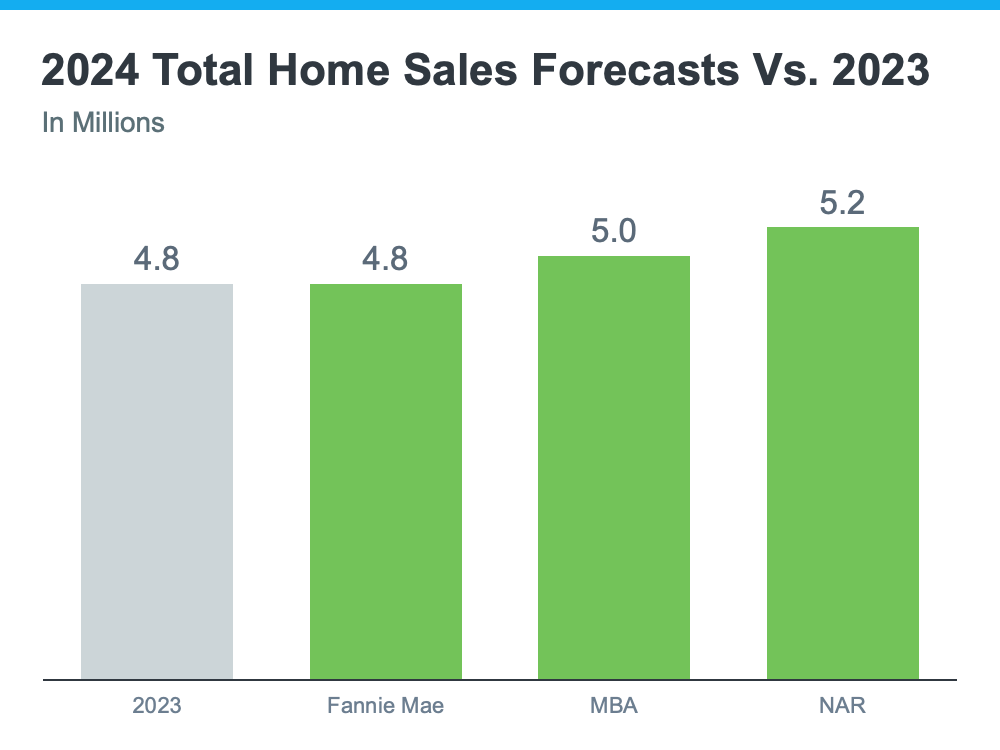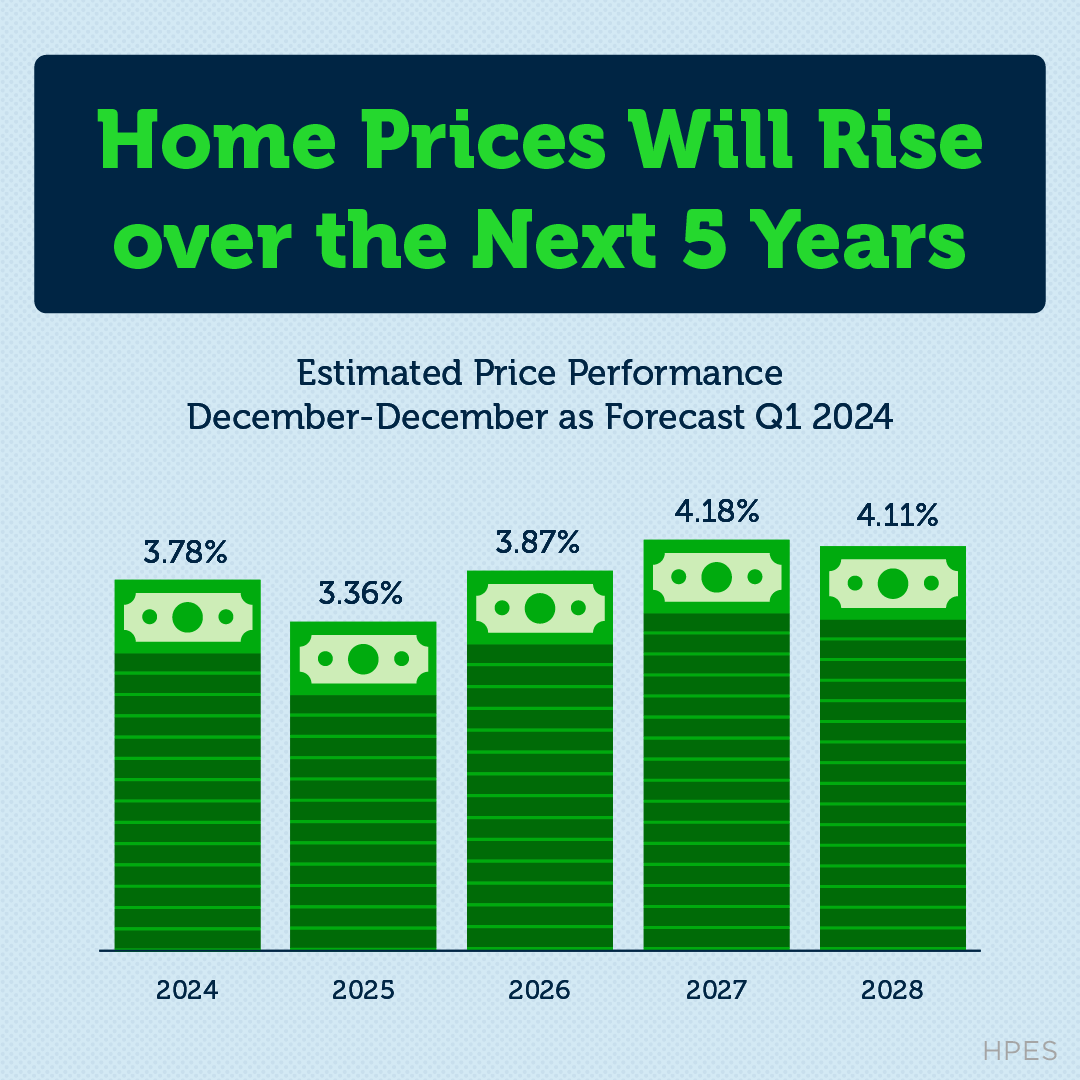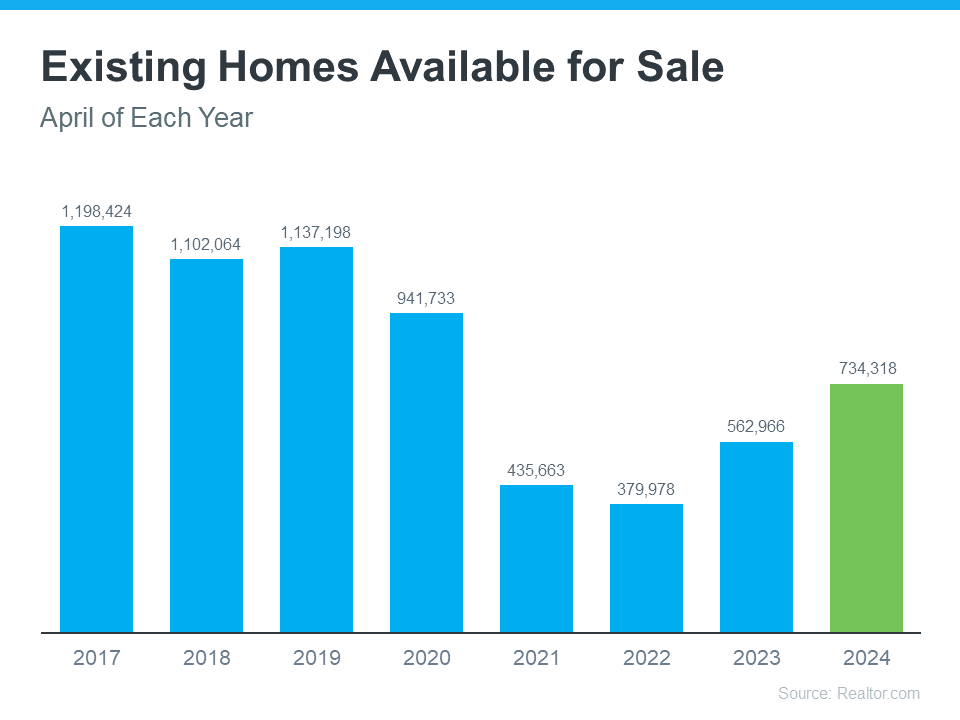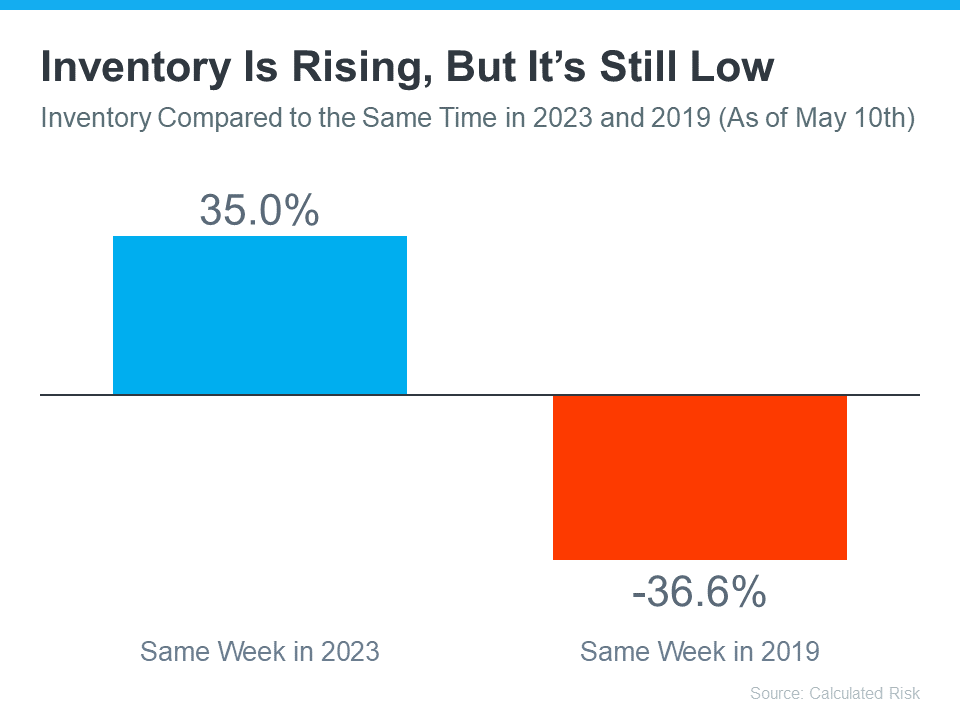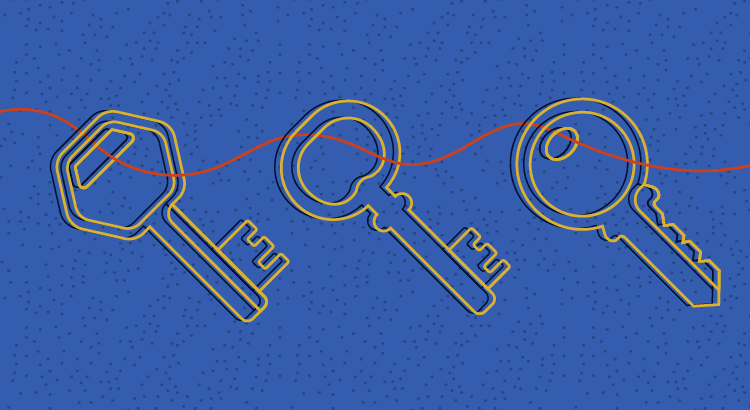
N.A.R. Lawsuit Settlement Fact Sheet for Utah
Lawsuit Settlement Fact Sheet – Utah Changes
Changes
While changes will be minimal in Utah because of the state’s pro-consumer laws and customs, Utah REALTORS® are committed to helping buyers and sellers understand and navigate the changes. Key settlement terms affecting consumers include the following:
Written Agreements with Buyers
- Utah REALTORS® are already using written, transparent agency forms with their buyer clients as required by the settlement. While this part of the settlement will be a significant change across the country, in Utah we’ve required this for decades.
- The practical change we’ll see in Utah is that buyers will need to sign this agreement with their agent before touring homes.
Disclosures to Sellers
- Utah REALTORS® are already providing the seller disclosures required under the settlement The Utah Association of REALTORS® lisIng agreement discloses to the seller that the lisIng broker may share an amount of their compensation with a buyer broker. The seller signs and consents to this. The agreement also explains that brokerage fees are not set.
- There is no practical change here as the se+lement’s required disclosures are already included in the standard listing agreement used in Utah. There will be some minor changes to the listIng agreement to make sure it aligns with the settlement.
Compensation Sharing
- While listing brokers will no longer offer to offset the cost of the buyer’s agent on the MLS and in the published MLS listing, listIng brokers may continue to offset the cost of the buyer’s representation in negotiations that take place off the MLS.
Negotiation and Compensation – Buyers and sellers will continue to have opinions regarding how they work with a REALTOR® and negotiate compensation.
- Buyers will continue to have the option to ask the listing broker to offset the cost of their buyer agent through a compensation-sharing agreement. The practical change is that compensation-sharing agreements will now be negotiated off the MLS. In other words, the listing agent can still offer compensation to the buyer agent, but the offer will no longer be published in the MLS listing. This already happens in many transactions. Offers of compensation increase affordability for buyers, and sellers benefit because the offer to offset the buyer’s cost of representation makes the
home more attractive to buyers. - Buyers will continue to have the option to directly ask the seller to pay for the cost of their buyer agent during the real estate negotiation.
- Buyers will continue to have the option to pay their agent directly.
- Buyers will continue to have the option to use a combination of Options 1, 2, and 3.
Compensation
- Utah buyers and sellers have many choices for real estate services. Examples include full service, flat fee, for sale by owner, etc.
- There is no set or standard commission. CompensaIon is and will remain entirely negotiable between agents and their clients.
- Utah consumers will continue to have real estate choices and will continue to negotiate the cost based on the value and services provided.
Benefits of Using a REALTOR® – Utah REALTORS® remain committed to helping consumers navigate the most important transaction of their lives.
Buyer Agent
- Buyer agents represent the unique interests of the buyer.
- Buyer agents often save their clients thousands of dollars by helping them avoid costly mistakes in large, complex transactions.
- Buyer agents research properties and schedule showings to make it easy for buyers to quickly access all the properties that meet their requirements.
- Buyer agents help buyers understand the current market dynamics to help buyers make competitive offers and avoid overpaying for a property.
- Buyer agents help buyers understand complex real estate legal paperwork.
- Buyer agents negotiate the best price and terms for the buyer.
- Buyer agents help buyers avoid costly mistakes by providing guidance about important research to conduct before buying (e.g., disclosure review, inspections, HOA document review, neighborhood information, property tax information, zoning, property records, etc.)
- Buyer agents help buyers navigate the process from start to finish (e.g., home search, market education, preparing an offer, negotiation, inspections and due diligence, mortgage information, Title, and closing).
Listing Agents
- Listing agents represent the unique interests of the seller and help them avoid costly mistakes.
- Listing agents work to sell the seller’s home quickly and for the best price and terms.
- Listing agents objectively analyze the market and help the seller price the home competitively.
- Listing agents research the property’s Itle, property records, zoning, square footage, HOA, etc. to prepare the home to be sold.
- LisIng agents provide objective advise to help sellers enhance marketability and maximize price.
- Listing agents market the property to the largest pool of potential buyers, manage showings, and get feedback from buyers.
- Listing agents negotiate the best terms and price on behalf of the seller, and help the seller evaluate strengths and weaknesses of offers.
- Listing agents help sellers understand and navigate the legal paperwork, required disclosures, laws and regulations, and closing documents.
Courtesy of Utah Association of Realtors®
Marty Gale
Buy or Sell with Marty Gale
"Its The Experience"
Principal Broker and Owner of Utah Realty™
Licensed Since 1986
CERTIFIED LUXURY HOME MARKETING SPECIALIST (CLHM)
PSA (Pricing Strategy Advisor)

General Contractor 2000 (in-active)
e-pro (advanced digital marketing) 2001
Certified Residential Specialist 2009

Certified Negotiation Expert 2014
Master Certified Negotiation Expert 2014
Certified Probate Specialist Since 2018

Senior Real Estate Specialist

Certified Divorce Specialist CDS

Contact me!





